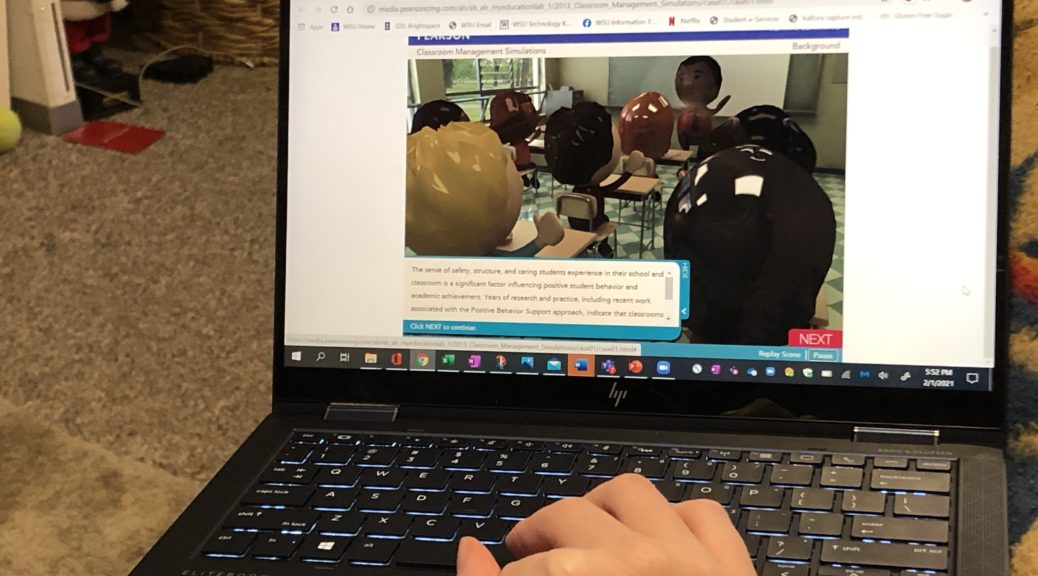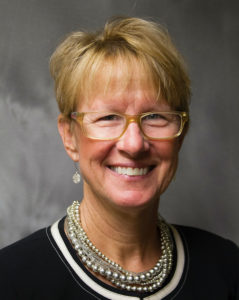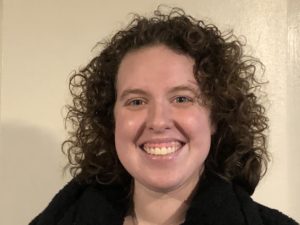The Winona County Historical Society held a week-long event to celebrate Valentine’s Day by showing its love of Winona’s local history.
The event included free admission to see WCHS exhibits all week, games at the center including artifact bingo and a heart scavenger hunt, plus kits to take home and make vintage Valentine’s Day cards.
Carrie Johnson, WCHS executive director, said in the past the center offered behind-the-scenes tours, crafts for children, treats, and music.
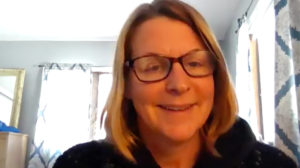
Due to COVID-19 limitations, the event had to be changed to follow safety guidelines.
“The event was a modification to what has been previously held,” Johnson said. “Traditionally we hold a Valentine’s Day weekend open house with free admission on a larger scale.”
Johnson said WCHS still wanted to hold the event since it gave people something to do and possibly bring new visitors to the center.
“The event helps increase our visibility to people who might not normally come in,” Johnson said. “Offering things to the public makes you relevant and it would be a shame to keep all this history locked up in a vault.”
Jennifer Weaver, WCHS’s museum educator, said attendance for the event was good with several hundred people showing up throughout the week.
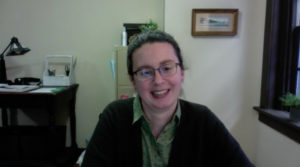
“Typically, we see anywhere from 300 to 600 people come for the open house day,” Weaver said. “I definitely think we reached that number throughout the week.”
Weaver also said the exhibits on display were special to the staff since they all picked some favorite artifacts from the vault to showcase.
A couple from Winona State University, Rickey Marshally and Sulaiman Bada visited the WCHS and explored the exhibits.
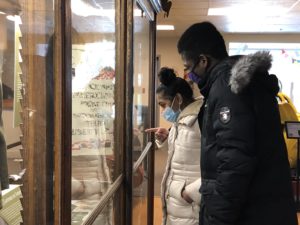
“My roommate told me about the event,” Marshally said. “As an international student, I’m always looking to learn more about Winona and Minnesota.”
Marshally said she brought Bada along so she would have company and a ride.
Bada admitted he did not know a museum actually existed in town but was glad to know about it and visit.
“My favorite exhibit would have to be up at the top with the Native American equipment and the dolls,” Bada said. “I would also say the different fire equipment and carts since the firefighters actually had to pull those huge things on their own.”
The couple said it took them about an hour and a half to explore both floors of the museum, and along the way, they searched for hidden hearts that were part of the seasonal promotion.
“My favorite exhibit would have to be the pharmacy and the bank,” Marshally said. “They were small sets where you could actually see what the inside really looked like.”
The couple said they had fun and would go back next year if things are safe again.
“Hopefully, by next February we’ll mostly be vaccinated, and it will be safer to do the event in person again,” Weaver said.

